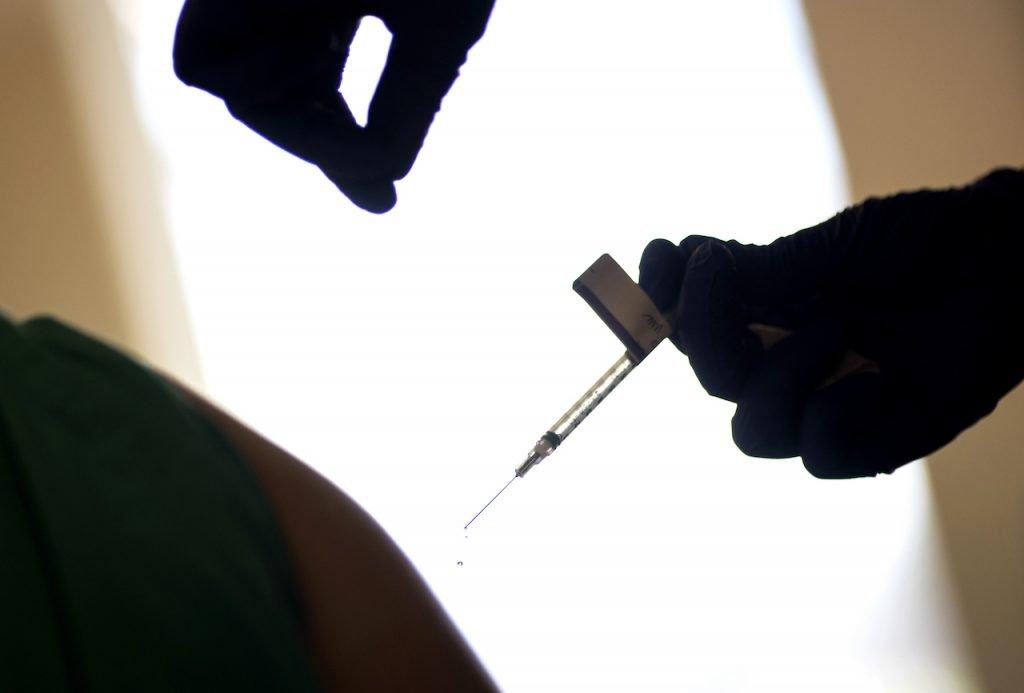UK to trial if different jabs combined over 2 shots more effective
The trial will first examine immune responses of a dose of Pfizer vaccine followed by a booster of AstraZeneca’s.
Just In
Britain has launched a trial to assess the immune responses generated if doses of the Covid-19 vaccines from Pfizer and AstraZeneca are given in a two-shot schedule.
The British researchers behind the trial said on Thursday data on vaccinating people with the two different types of coronavirus vaccines could help understanding of whether shots can be rolled out with greater flexibility around the world
The trial will examine the immune responses of an initial dose of Pfizer vaccine followed by a booster of AstraZeneca’s, as well as vice versa, with intervals of four and 12 weeks.
Both the mRNA shot developed by Pfizer and Biontech and the adenovirus viral vector vaccine developed by Oxford University and AstraZeneca are currently being rolled out in Britain, with a 12-week gap between two doses of the same vaccine.
AstraZeneca’s shot is also being tested in combination with Russia’s Sputnik V vaccine, and it is expected more vaccines will be added to the trial when they are approved and rolled out.
“This is a hugely important clinical trial that will provide us with more vital evidence on the safety of these vaccines when used in different ways,” said Nadhim Zahawi, the designated minister for Covid-19 vaccine deployment in the UK.
Recruitment for the study starts on Thursday, with over 800 participants expected to take part, the researchers said. That makes it much smaller than the clinical trials that have been used to determine efficacy of the vaccines individually.
The trial is recruiting people over the age of 50 who may be at higher risk than younger people and have not been vaccinated already.
Matthew Snape, an Oxford vaccinologist who is leading the trial, said initial results could inform vaccine deployment in the second half of the year.
“We’ll get some results through by June that will inform the use of booster doses in the general population,” he told reporters.
Given the possibility of vaccine supply constraints, data that could support a more flexible immunisation programme would be an advantage, said Jonathan Van-Tam, the UK’s deputy chief medical officer, who is responsible for the study.
“It is also even possible that by combining vaccines, the immune response could be enhanced giving even higher antibody levels that last longer.”
Subscribe to our newsletter
To be updated with all the latest news and analyses daily.
